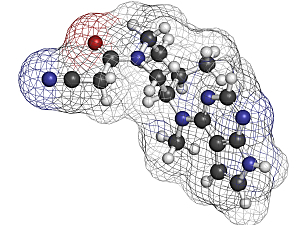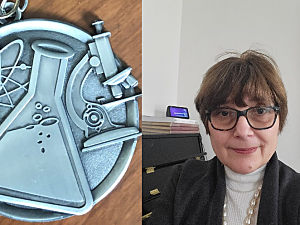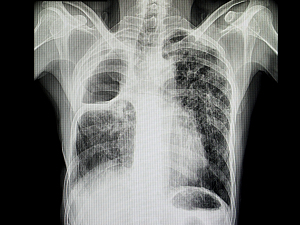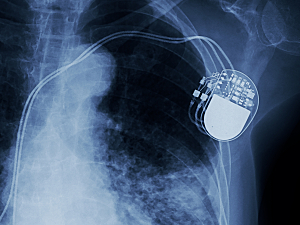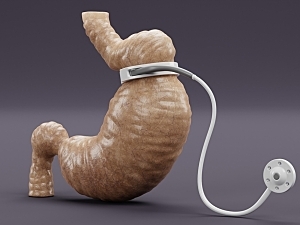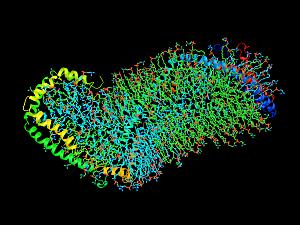Novel Transcranial Doppler Screening Approach Identifies Risk of Radiological Delayed Cerebral Ischemia
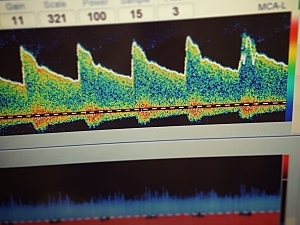
Samuel B. Snider, MD, Ibrahim Migdady, MBBS, Rose Du, MD, PhD, of Brigham and Women’s Hospital, and colleagues found the severity of transcranial doppler screening-measured vasospasm predicts radiological delayed cerebral ischemia in a vessel-specific manner.
Read More...